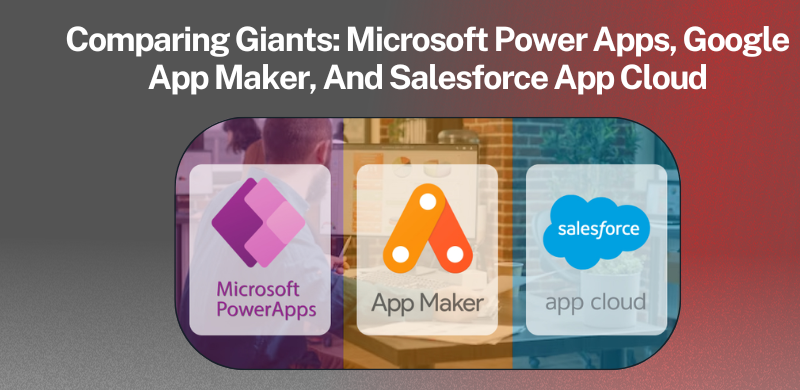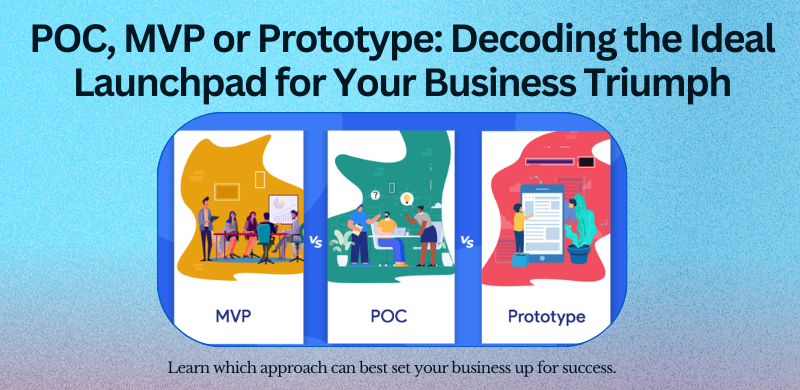In a world increasingly shaped by technology, the healthcare industry is undergoing a paradigm shift through digital transformation. Digital Transformation for healthcare encompasses a set of technologies. These tech solutions enable medical professionals to utilize modular digital solutions to improve patient experience, discover drugs, streamline operations, and make on-demand care more accessible. This article delves into the dynamic landscape of digital transformation in healthcare and explores how it’s reshaping the way we approach wellness and medical treatment.
Streamlining Patient Care: Putting Patients at the Center:
At the heart of digital transformation is the focus on patient-centric care. Electronic Health Records (EHRs) have replaced paper-based records, enabling healthcare providers to access patient information swiftly and securely. Patients, too, have become active participants in their health journey through health applications and wearable devices that track vital signs, exercise, and sleep patterns. Telemedicine has shifted from a novelty to a necessity, allowing patients to connect with healthcare professionals remotely, breaking down geographical barriers and ensuring timely access to medical expertise.
Unlocking Insights with Data: Analytics and AI in Healthcare:
The healthcare industry generates an enormous amount of data, and digital transformation is unlocking its potential. Advanced analytics and Artificial Intelligence (AI) algorithms sift through this data to identify patterns, predict disease outbreaks, and personalise treatment plans. AI-powered imaging assists radiologists in making more accurate diagnoses, improving patient outcomes. With AI, healthcare providers can identify trends and anticipate health issues, allowing for early interventions.
IoT and Remote Monitoring: Empowering Patients for Better Health:
The Internet of Things (IoT) is ushering in a new era of patient care through remote monitoring. Wearable devices and connected sensors continuously track patient vitals, providing healthcare professionals with real-time data. For patients with chronic conditions, this means early detection of potential complications and fewer hospitalizations. It empowers individuals to take control of their health and actively manage their well-being.

Global Collaboration and Research Advancements:
Digital transformation knows no geographical bounds. Telemedicine enables cross-border consultations, allowing patients to seek second opinions or specialized treatments from experts around the world. Additionally, the digitization of medical records facilitates international research collaborations. This global exchange of knowledge accelerates medical breakthroughs and drug development, ultimately benefiting patients everywhere.
Ensuring Security and Trust: Cybersecurity and Privacy:
In the age of digital healthcare, safeguarding patient data is paramount. Robust cybersecurity measures protect electronic health records from breaches, ensuring patient confidentiality. Adherence to privacy regulations like HIPAA ensures that patient information remains secure. Building trust is crucial, as patients must feel confident that their sensitive data is safe.
Efficiency Redefined: Operational Benefits of Digital Transformation:
Beyond patient care, digital transformation is optimizing healthcare operations. Automated appointment scheduling, digital billing systems, and electronic prescriptions reduce administrative burden, allowing healthcare professionals to allocate more time to patient interactions. This shift toward efficiency enhances overall patient experiences.

Navigating Challenges and Seizing Opportunities:
While the promise of digital transformation is immense, challenges exist. Integrating new technologies into existing systems, addressing data interoperability, and maintaining a human touch amid technology are ongoing considerations. Successful transformation requires a strategic approach, collaborative efforts, and a commitment to continuous improvement.
The Future of Healthcare: A Fusion of Technology and Compassion:
In conclusion, digital transformation is reshaping healthcare from the ground up. Patient-centric care, data-driven insights, remote monitoring, and international collaborations are defining a new era of possibility. As we embrace innovation while upholding patient trust, we’re creating a future where technology and compassion intertwine, delivering better patient outcomes, enhanced experiences, and ultimately, healthier lives.



